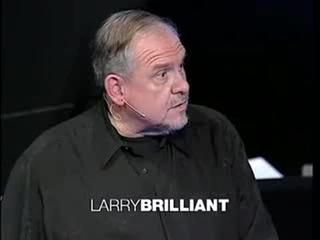There was a time long ago when everyone on Earth spoke the same language, according to Judeo-Christian scripture. People decided to build a massive tower to heaven to make a name for themselves. Known as the Tower of Babel, this undertaking did not sit well with God:
And the Lord said, "If as one people all sharing a common language they have begun to do this, then nothing they plan to do will be beyond them. Come, let's go down and confuse their language so they won't be able to understand each other" [source: Net Bible].
Advertisement
Clearly, God was in a bad mood that day.
Whether the story of the Tower of Babel represents religious symbolism or actual human history is a question for the scholars. There is no concrete evidence of a single mother tongue spoken by ancient humans, though many experts cite the similarities among the world's oldest languages, including Greek, Latin, and Sanskrit, as evidence that modern languages share a common source [source: PBS] . According to Dr. Noam Chomsky, professor of linguistics at the Massachusetts Institute of Technology, "Every language that has ever existed is just a modification of something before it."
While we don't know exactly where each of the world's languages came from, we do know that the world's people have not spoken the same language at any point in recent history.
It's difficult for linguists to know how many languages exist in the world at any given time, mainly because the point at which a dialect becomes a separate language is hard to pin down [source: Palomar]. Best estimates put the current total at 6,909 distinct languages [source: Ethnologue].
Despite the difficulties of counting languages, most experts agree on one thing: There are fewer languages around today than yesterday. That's because languages are disappearing at an alarming rate – some experts predict that half of the current languages will be gone by the year 2100 [source: Pearson and National Geographic]. To put that figure into historical perspective, there may have been upwards of 12,000 distinct languages in the world 10,000 years ago when the world's population was 5 to 10 million [source: CLTA-GNY]. So what's the future of language?
Advertisement




